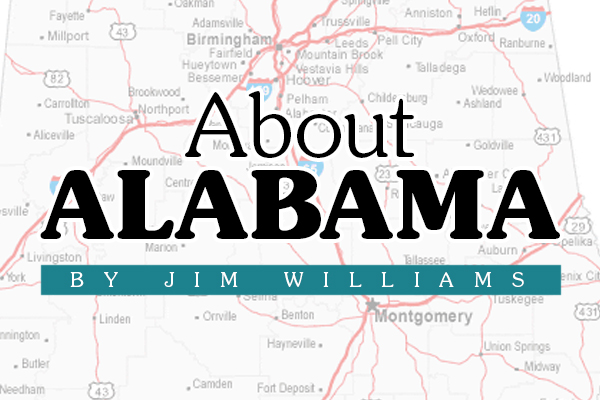Each year the Public Affairs Research Council of Alabama (PARCA) conducts a public opinion survey on the major issues facing our state. The 2015 survey, completed in January, involved interviews with almost 600 Alabamians. We asked their opinions about state budget issues, taxes and schools.
There is broad consensus on most of these issues rather than the deep ideological divisions we hear so much about nationally. The lone exception is the question of whether Alabama should expand Medicaid coverage, where partisan disagreement is evident.
Asked to prioritize among four big public investments — education; health care for the poor and elderly; public safety including prisons; and law enforcement and highways — our respondents voted first for education and then for health care. Big majorities said they were willing to pay more in taxes to prevent cuts in those areas. A bare majority also would pay more for public safety, but highways were clearly a much lower priority.
Two-thirds of those polled believe that too little is spent on public education and 8 out of 10 said the level of funding makes a real difference in school quality. Strong majorities favored spending more on schools in a variety of categories; agreed that the state should equalize funding for school systems that lack resources; and wanted to keep the education budget separate rather than combining it with the funding of other services. Three-fourths felt the state’s goal of increasing the high school graduation rate is very important.
On corrections, respondents expressed the opinion that the state is not doing a good job of rehabilitating offenders. When options for reducing prison overcrowding were proposed, 80 percent chose investing more in rehabilitation efforts.
Support for Medicaid
More than 70 percent of our interviewees agreed that Medicaid, the state’s program to provide health care to the poor and elderly, is very important. About 57 percent expressed willingness to pay more to preserve such a program from budget cuts. When the question of accepting federal funds to expand Medicaid was posed, 53 percent were in favor. However, there was a very sharp disagreement along partisan lines. Our analysis showed 76 percent of those identifying themselves as Democrats were in favor of expanding Medicaid, along with 53 percent of independents; but only 34 percent of Republicans favored this option.
The complete results of our survey are available at parcalabama.org/publications/blog.



Share with others: